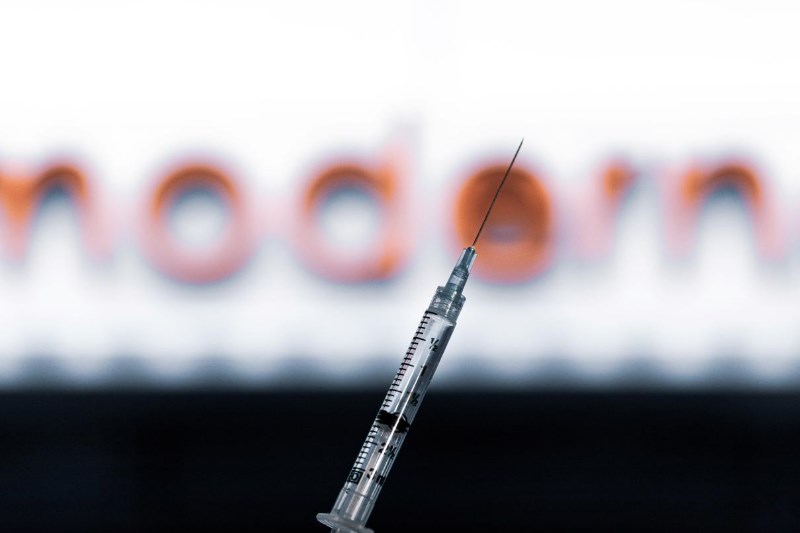Investing.com - Moderna Inc (NASDAQ:MRNA) experienced an 11% drop on Wednesday after the company disclosed that its respiratory syncytial virus (RSV) vaccine, mResvia, exhibited 50% efficacy in preventing the illness 18 months post-administration.
In an initial analysis at around 3.7 months, the vaccine had shown about 81% efficacy. However, this figure appears less impressive when compared to rival vaccines from GlaxoSmithKline (GSK (LON:GSK)) and Pfizer (NYSE:PFE). GSK's vaccine, Arexvy, demonstrated 68% efficacy over 23.3 months, while Pfizer's Abrysvo was 78% effective after 16.4 months.
The data was presented to the Centers for Disease Control and Prevention's Advisory Committee on Immunization Practices (ACIP). The committee will decide later in the day which patient groups should receive the RSV, flu, COVID-19, and other vaccines in the fall.
If the current recommendation for adults aged 60 and older is expanded to include those aged 50 to 59, millions more patients would be eligible for the program.
The Food and Drug Administration approved mResvia in May for adults aged 60 and older, creating fresh competition for the RSV vaccines developed by GSK and Pfizer.
Moderna's second approved product, following its COVID-19 vaccine Spikevax, mResvia is expected to be available for the upcoming fall's RSV season. The company hopes to distinguish its RSV vaccine by offering single-dose, pre-filled syringes, which it claims will save time and reduce the risk of administration errors.
Analysts at Evercore ISI believe that GSK's Arexvy, due to its superior vaccine efficacy, will continue to hold the majority market share.
Despite the recent dip, Moderna's stock is still up 25% year-to-date.
